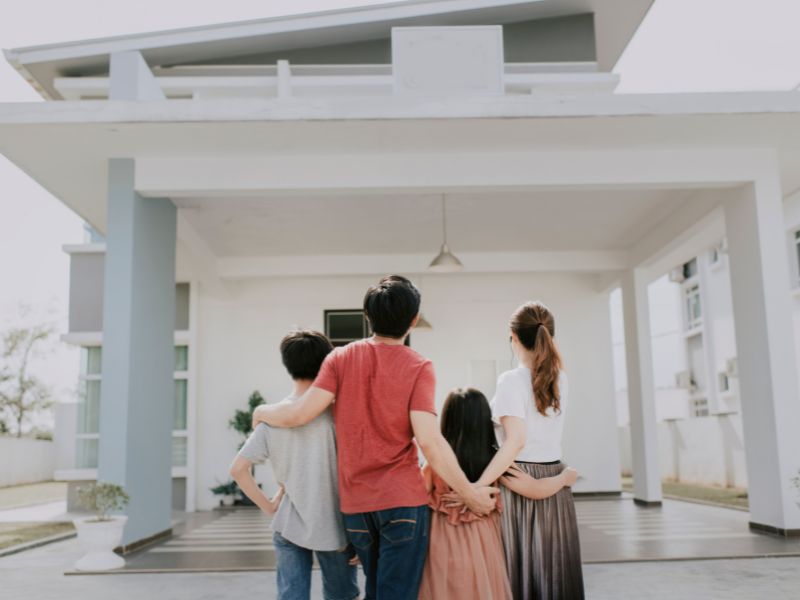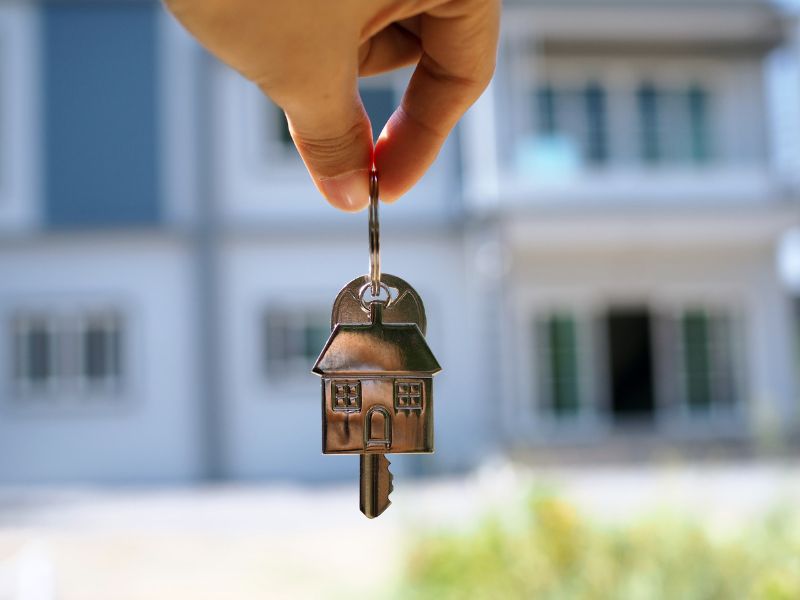First Things First, What To Do Upon Moving Into Your New Home
 If you have purchased a new home and are going to move in soon, what are the first few things that you will need to do upon moving into your new home?
If you have purchased a new home and are going to move in soon, what are the first few things that you will need to do upon moving into your new home?
Moving can be very stressful, but having a checklist can make your move to a new home effortless.
Here are 6 easy steps that can eliminate any frustration and help you feel safe and secure:
Change Your Address
You will need to change your address for all magazine subscriptions, bills, and other services. You can update your mailing address online or visit your local post office to find out what needs to be done.
Set Up The Utilities
When you move into a new home, you may get all of the contact information from the previous homeowner or real estate agent for the utility companies. Be sure to change the services into your name before you move in, such as gas, cable, electricity, internet, telephone, sewer, and water.
Change The Locks
You have no way of knowing who the old homeowners gave a copy of the key to, so having the locks changed is something that you should do right away when you move into your new property.
Have The Carpets Cleaned
Get your life in the new house off to a fresh start by having the carpets steam-cleaned before you move your furniture in. You could either rent a steam cleaner or pay for a carpet cleaning service, but either way, this will make the house feel really clean and new.
Figure Out Your Breaker Box
Another important first step to owning your new home is to figure out which breakers control each part of your home.
Knowing how the breaker box works will ensure that you can flip the right switch when you need to. You might need to ask someone to help you by standing in another part of the house and letting you know which lights come on or off when you flick the switches.
Check Your Smoke Alarms
The smoke alarms and CO monitors in your home might not have been checked recently, so make sure that they are functioning properly. Depending on how old they are, you might need to change the batteries. This is an important maintenance task for your own safety.
These are just a few of the important first steps that you should take when you first move into your brand-new home.
For more information about buying a new home, feel free to contact your trusted real estate professional today.
 Do you ever dream about a larger, roomier, or more luxurious living space? Or perhaps just want to experience the joy of owning your own home and building your net worth instead of renting? Let’s explore a few questions that can help to answer whether or not you’re ready for a new lifestyle as a homeowner.
Do you ever dream about a larger, roomier, or more luxurious living space? Or perhaps just want to experience the joy of owning your own home and building your net worth instead of renting? Let’s explore a few questions that can help to answer whether or not you’re ready for a new lifestyle as a homeowner. Buying a home is one of life’s significant milestones, but it often comes with a significant price tag. Fortunately, the sticker price on a house isn’t always set in stone. When buying a home, negotiating certain costs can save you a significant amount of money. Here are some costs that every homebuyer should negotiate:
Buying a home is one of life’s significant milestones, but it often comes with a significant price tag. Fortunately, the sticker price on a house isn’t always set in stone. When buying a home, negotiating certain costs can save you a significant amount of money. Here are some costs that every homebuyer should negotiate: